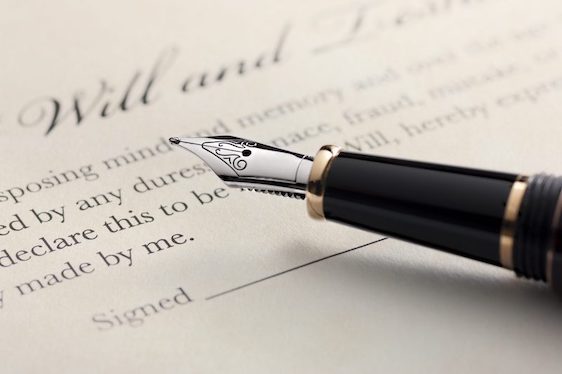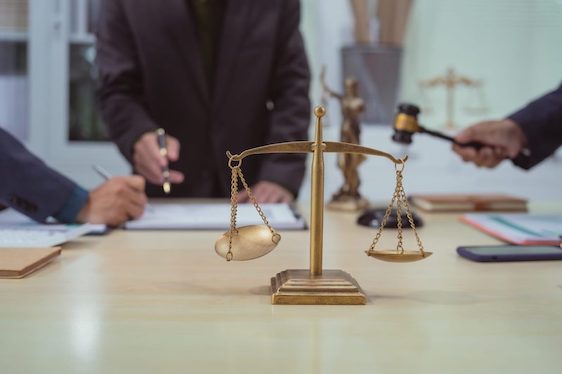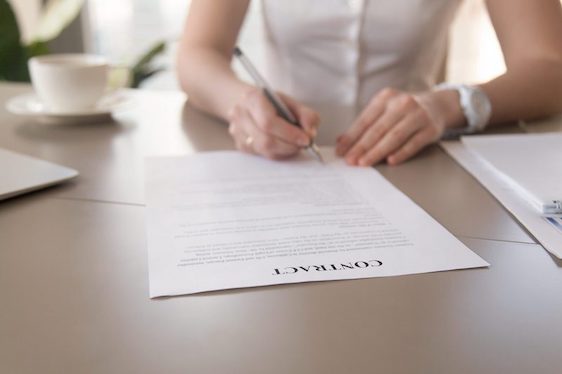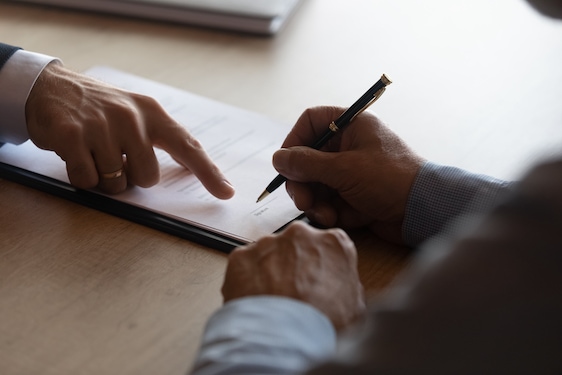There is a lot of panic and emotion around this issue, and while I do not profess to be an employment lawyer, I have been amazed at some of the calls and stories we are getting around the Coronavirus and the question of sick leave.
In particular, a recent enquiry we had was that an employer was telling their employees that if they chose to travel and were subsequently quarantined because of Covid-19, they would not be able to use their accrued sick leave to be paid for the quarantine period, and would instead have to take the time off as unpaid leave.
I am unsure why this particular employer thinks they have the right to deny employees of their statutory entitlements, but it is indicative of some employers thinking they can punish their employees for getting sick with Coronavirus.
So, to the question: Can I use my sick leave if I have been quarantined because of contracting Covid-19?
The answer in my view is Yes. Let me explain why.
What is ‘sick leave’?
The entitlement to and the accrual of sick leave, or personal / carer’s leave, is one of the ten National Employment Standards (“NES”). The NES set out the minimum employment entitlements that have to be provided by employers to their employees and are set out in Divisions 3 to 12 of the Fair Work Act 2009 (Cth) (“the Act”).
Pursuant to the NES and the Act, full-time and part-time employees accrue and are entitled to take up to ten paid days off work each year. Employees continue to accrue personal leave even when they are currently taking personal leave, taking paid annual leave, on leave for community service such as jury duty, or on long service leave. Personal leave does not accrue when an employee is taking any kind of unpaid leave, and casual employees are not entitled to accrue personal leave.
In addition to personal leave / carer’s leave, section 61 of the Act state that the NES also relates to matters such as maximum weekly hours, requests for flexible working arrangements, parental leave and related entitlements, annual leave, compassionate leave and unpaid family and domestic violence leave, community service leave, Long Service Leave, public holidays, notice of termination and redundancy pay and Fair Work Information Statements.
When can you take sick leave?
According to section 97 the Act, an employee may use their paid personal leave because the employee is not fit for work because of a personal illness, or personal injury, affecting the employee. To use their personal leave, the employee must comply with the notice and evidence requirements of section 107 of the Act.
Section 107 of the Act basically states that the employee must give their employer notice of the leave (which can be done after the leave has commenced), and let their employer know the period, or expected period of the leave. If required by the employer, the employee must also provide evidence that the leave is being taken for a reason specified in section 97 of the Act.
What then, is a ‘personal illness’ or ‘personal injury’, that can justify an employee taking sick leave? To answer this, we must consider what the possible consequences are of an employee abusing their entitlement to sick leave, which would ultimately be in a worst-case scenario, dismissal.
Section 352 of the Act states that an employer must not dismiss an employee because the employee is temporarily absent from work because of illness or injury of a kind prescribed by the Fair Work Regulations 2009 (“the Regulations”). Regulation 3.01 of the Regulations prescribes the kinds of illness or injury, which is surprisingly broad.
A prescribed illness or injury is taken to exist provided that: –
- The employee provides a medical certificate or a statutory declaration about the illness or injury with 24 hours or a longer period if reasonable in the circumstances. For the purposes of this Regulation, a medical certificate of defined by section 12 of the Act as a certificate signed by a medical practitioner; or
- The employee complies with notice requirements in a workplace instrument; or
- The employee provides the employer with evidence of the illness or injury.
Can sick leave be used if you are quarantined?
In my view, the short answer, is YES.
If any person is diagnosed with Coronavirus (or anything contagious that requires a period of isolation, for that matter), they are going to have no problem obtaining a medical certificate from a doctor stating that they are unfit for work for the quarantine period of 14 days.
That being said, if an employee is quarantined and notifies their employer that they will be absent from work and the expected period of their absence (so 14 days) AND provides a medical certificate to employer within 24 hours or as soon as they are able, then the employee is entitled to use their paid personal leave for the quarantine period without fear that their employment may be terminated.
It is understandable that employers are concerned – there is the possibility a large number of staff could be kept away from the workplace if quarantined which would obviously impact on productivity and profitability – but this concern does not give an employer the ability to deprive employees of their minimum entitlements or attempt to restrict their freedom of movement in and out of the country.
Please note the content within these blog posts is not intended to, and does not in fact, constitute legal advice, and must be treated as a general guide only. The content is based on Western Australian law only and is subject to change, is general and may not take into account your particular circumstances. Should you require legal advice in relation to your specific circumstances, please reach out.








